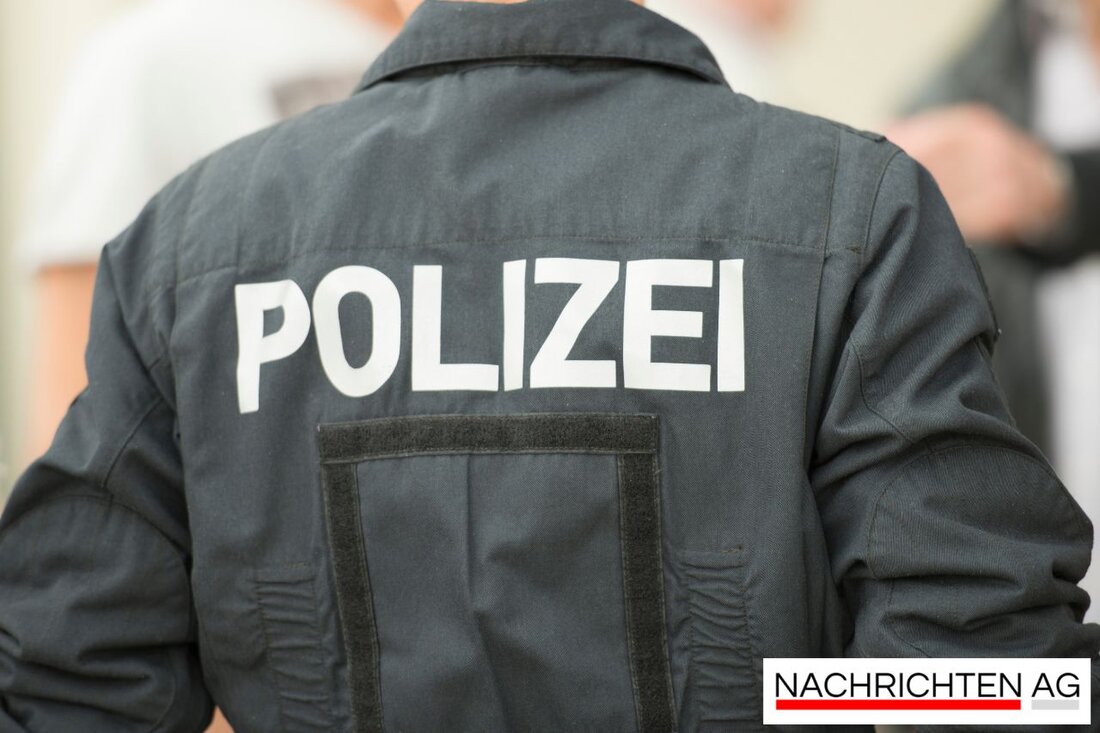Commemoration in Brandenburg: 72 years after the GDR popular uprising
Commemorative event in Brandenburg an der Havel on the 72nd anniversary of the GDR popular uprising on June 17, 1953. Memories and lessons.

Commemoration in Brandenburg: 72 years after the GDR popular uprising
Today, June 17, 2025, the city of Brandenburg commemorates the GDR popular uprising that occurred 72 years ago, on June 17, 1953. Numerous citizens, supported by local politicians and historians, gathered in the courtyard of the Attorney General's Office at Steinstrasse 61 to commemorate the courageous demonstrations. At that time, the city was a central place of resistance, where up to 15,000 people took to the streets for freedom and against the oppression of the SED regime. The protests were led by construction workers, employees of the tractor factory as well as workers at the steelworks and the Thälmann shipyard, who banded together and stopped work in order to be heard.
Here in Brandenburg, demonstrators stormed what was then the district court, where they demanded the release of 42 political prisoners. The memorial event was organized under the leadership of Attorney General Roland Wilkening, Mayor Steffen Scheller and Walter Paaschen, chairman of the city council. Wilkening reported on his personal memories of the GDR and spoke out vehemently against the authoritarian regime. In his speech, Mayor Scheller emphasized the importance of the uprising and emphasized the long-term consequences leading up to the peaceful revolution of 1989. "Freedom is not a gift. It is a task for each of us," explained Scheller.
The popular uprising of 1953
On June 17, 1953, the people of the GDR rose up against state arbitrariness, which subsequently led to nationwide mass demonstrations. The main demands of the protesters included not only the reversal of the recently decided increase in labor standards, but also the demand for free elections and an improvement in living conditions. The economic situation in the GDR was tense at that time; Supply bottlenecks and food rationing placed considerable strain on the population. Pressure on the government increased when on June 16, 1953, around 10,000 people in East Berlin protested against increased labor standards and called for a general strike. This rebellion was just the beginning - over a million people gathered in more than 700 cities and towns.
There were serious clashes in cities such as Halle, Leipzig and East Berlin, with police trying to put down the demonstrations. Soviet troops rolled into the streets as the SED regime tried to maintain control. A state of emergency was declared and the situation quickly escalated. The brutal operations claimed at least 55 lives and many injuries. The events of June 17th remained vivid in the memories of many people and led to repressive surveillance by the state security until the fall of 1989.
A day to remember
While the uprising in the GDR was described as a “counter-revolutionary putsch”, the Federal Republic of Germany celebrated June 17th as “Day of German Unity”. The protests and the subsequent storming of the power center not only represent a turning point in the history of the GDR, but also a memorial for future generations. During the event, Roland Wilkening recalled the words of Judge Benkendorf, who was handcuffed and insulted during the protests, and pointed out the importance of defending the freedoms that many of the courageous citizens had demanded at the time.
Today's memorial event is not only a prerequisite for remembrance, but also a call to all those present to actively stand up for values such as freedom and democracy. Because, as the mayor said in summary: “We have the responsibility to preserve our freedom and to defend ourselves against oppression.” On this important day it becomes clear that the demands for freedom and justice remain universal and have lost none of their relevance today.
Further background information and information about the popular uprising can be found at NDR, Federal Agency for Political Education and [Meetingpoint Brandenburg].

 Suche
Suche
 Mein Konto
Mein Konto